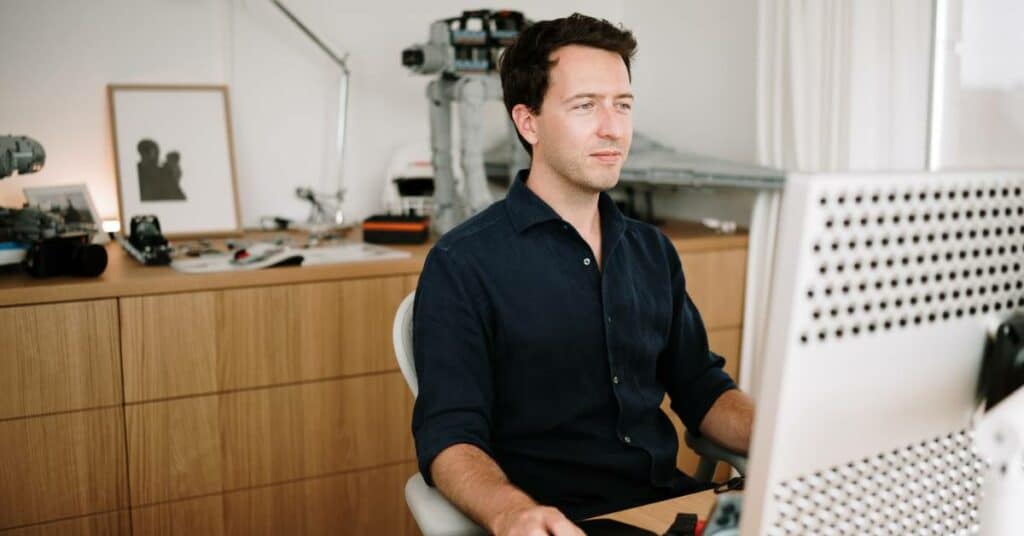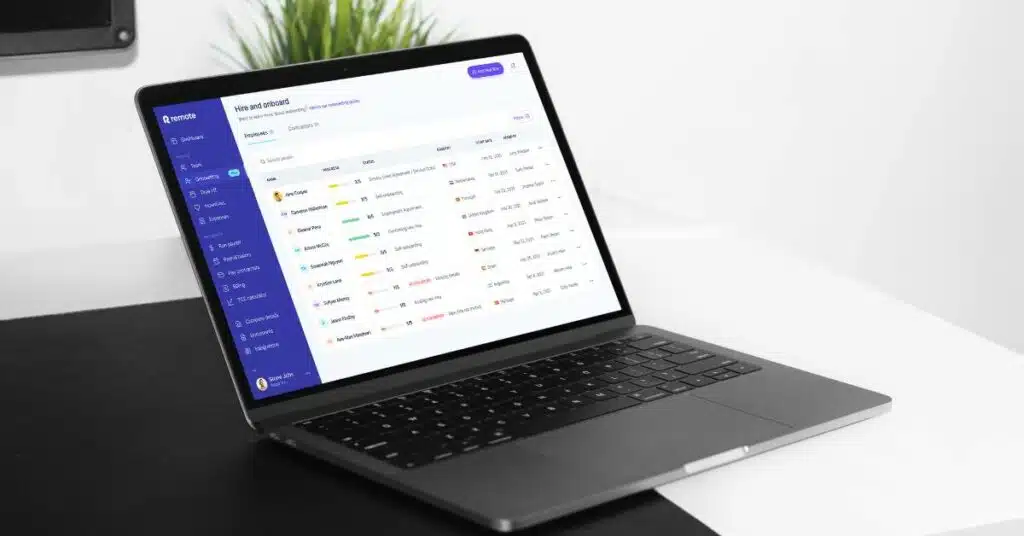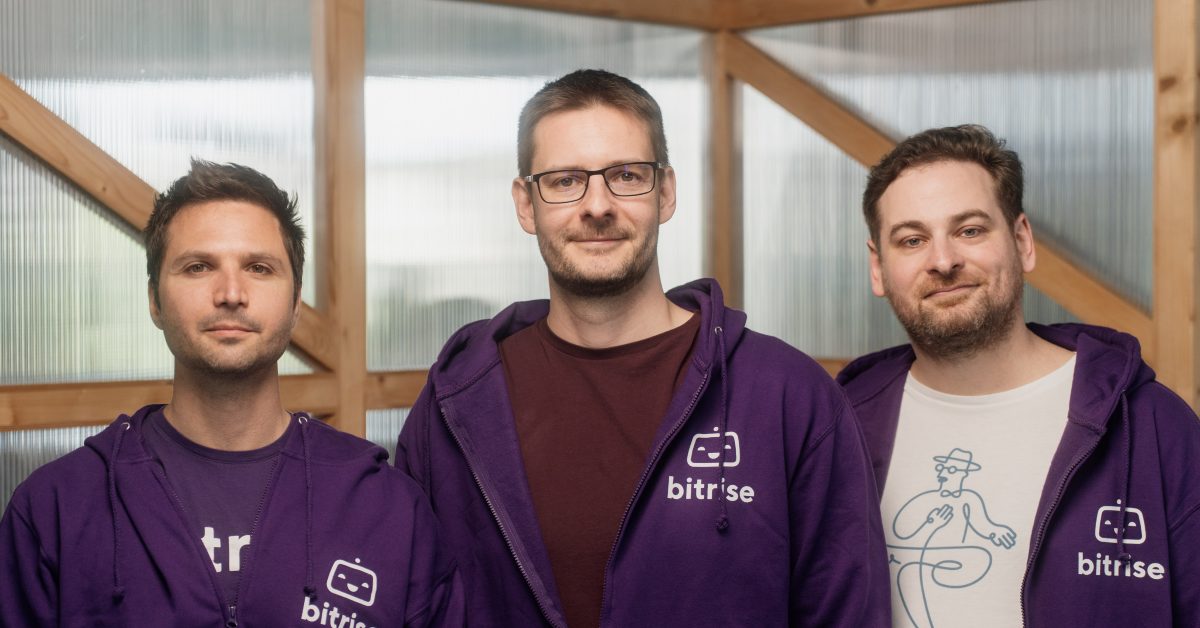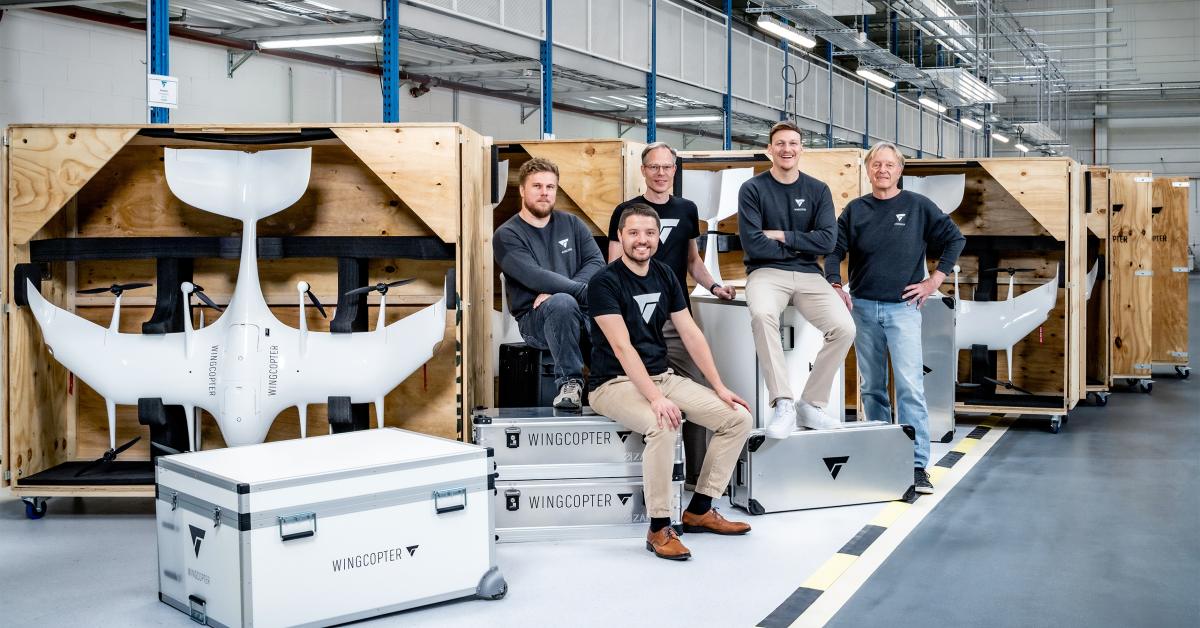What is the future of work? This question has dominated the minds of employers, employees, HR leaders, and business leaders around the world.
Even though return to office dominates the news, the future of work is one dominated by distributed workforce and one where employers no longer need to look for the best talent in their vicinity.
With that as a precedent, Remote launched its new Global HR Platform last month, which is designed to help organisations with workers in multiple countries.
Founded by Job van der Voort and Marcelo Lebre in 2019, Remote was born out of first-hand experience with difficulty hiring remote workers. The startup offers a platform that helps companies to hire remote workers, manage payments, and compliance.
As a fast growing company, Remote has a fully distributed workforce with its employees living in more than 70 countries.
As Remote helps organisations embrace distributed workforce, its Chief People Officer Barbara Matthews is trying to scale its cultural vision to make opportunities accessible to everyone.
A small world

Matthews says technology has not only revolutionised how people work, where people work but also made work a lot more interesting thanks to automation of repetitive tasks.
“Globalisation has ensured that the world itself is small with regards to work,” she adds.
Due to globalisation, she says employers now have a desire to look beyond their own neighbourhood to find great people and build a more diverse workforce.
Remote work is not new but the whole world has woken up to the idea of remote work due to the pandemic. While we all witnessed how work changed during the pandemic, Matthews has had a front seat to the changing definition of work for over two decades.
Before joining Remote, she held various HR roles at Google for more than 12 years and built the HR function from scratch in EMEA and APAC for Stripe during her more than 7 years stint.
She emphasises that the very definition of work, which meant people worked in buildings in cities and then came home for dinner, has been antiquated.
With the modern workforce, flexibility and balance has also undergone a change with work and personal life becoming more blended and also flexible.
Remote CEO Van der Voort once said building a company is a marathon but building a smart and efficient team can be likened to running the marathon twice.

The best starting place, Matthews says, is careful planning and having a clear understanding of capabilities needed to build a smart and efficient team.
While this will vary depending on the stage a company is at, she says the impact needs to be made.
“A critical first step is to ensure everyone is aligned behind the vision or mission,” she says, adding, “and everyone has a clear understanding of the goals and where you are going as a team.”
As a HR leader, she argues strongly in favour of leading with clarity and context, making sure the goals, vision, and mission are clearly understood and the team is aligned and committed to it.
She also says companies need to understand the competencies needed for the team and the skills gap to leverage that information to recruit and onboard team members.
“It is also important to build a culture of feedback and growth so that performance goals are set and people are always aware of how they are trending performance wise,” she says.
However it doesn’t just stop at people but as a leader she sees it a core responsibility of managers to enable others to grow through real time feedback and coaching, career conversations, development and growth.
Remote-first approach

Matthews says both employers and employees have seen the benefits of remote work and many of those benefits have been hard to let go of.
While remote work has become a norm now, not many organisations believed in the idea before the pandemic.
She says a lack of awareness that distributed teams can be productive and happy without seeing each other in person is the reason why many organisations didn’t adopt remote work before the pandemic.
“Now that we have seen that happen it is hard to go back,” she adds.
Remote work and big organisations seem to be a paradox where the companies after promising remote or hybrid work are now beginning to bring people back to office.
“Companies who are bringing people back to the office full time may not realise that it could be short-sighted,” Matthews says about the decision.
She further says that this could lead to hidden costs, particularly when it comes to the pool of talent they can access.
“Remote workers consistently demonstrate more loyalty, motivation, and engagement,” Matthews says, adding that businesses offering remote work experience reduced churn.
Speaking to Matthews is nothing short of reading multiple Wikipedia pages on work, evolution of work, and future of work.
She says companies with a remote-first strategy are showing strong growth and are attracting talents more easily than traditional businesses.
“If you want to succeed in business these days and the coming years, remote-first is the way to go,” she adds.
Distributed workforce

In the remote-first world, the company named after it wants to play a key role by providing a solution to the challenge of talent being everywhere but opportunity not.
“Remote’s mission is to create opportunity everywhere, empowering employers to find and hire the best talent wherever they may be, and enabling individuals to build financial and personal freedom,” she says.
With a distributed workforce, employers around the world can also bridge the talent gap since there is more talent in the rest of the world than in a company’s own vicinity.
Since employers are now being judged on work life balance, flexibility, and the overall quality of life, having a distributed workforce will see more candidates accept their job offer.
Matthews says, “Distributed workforces are rapidly becoming a key part of how businesses differentiate themselves in a turbulent jobs market.”
With its new Global HR Platform, Matthews explains that they are offering a single platform to hire, manage, and pay a global workforce from a simple yet compliant platform.
With this foundational tool, employers will be able to do everything from tracking time and attendance to running payroll, offering benefits, paying bonuses, paying contractors, among other functions.
The real benefit of the platform is that it allows employers to do all those activities while being fully compliant, fast, and easy to use for teams across any country.
AI for productivity boost

Remote has been a remote-first organisation since its inception and as CPO, Matthews says they are iterative with their culture as a startup.
This means that everyone across the company is always looking for opportunities to get better at how they practise remote work.
She says, “One recent change has been experimenting with AI tools to help us retrieve information about local regulations in different countries.”
As a remote team, she says there is a lot of documentation and it can get hard to find them quickly and they are now using AI to quickly respond to their customers.
She says AI is providing a productivity boost in a competitive market by automating repetitive tasks and reducing manual labour.
The time freed from doing repetitive tasks, she says, is being spent on tasks that require more communication or creative skills.
“We’re also seeing incredible advances in medicine, science, creative fields, and much more,” she elaborates.
As a HR leader, she says AI will become integral to most, if not all roles in future, and thus sees learning more about it a must for everyone.
Even as AI advances, she says distributed teams will become a differentiator over time for successful companies.
Matthews is certain of distributed workforce being a talent magnet that is able to “take advantage of the productivity, agility, and diversity benefits of working globally.”










01
From Mexico City to Rotterdam: How the Dutch Startup Visa launched Estefania Hernandez’s HR tech revolution